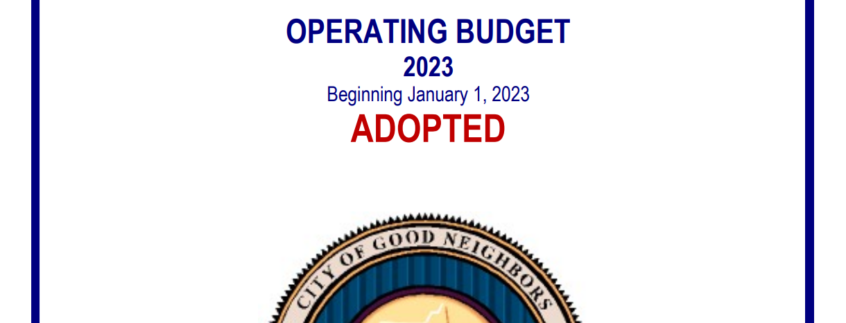fiscally Responsible

Just like every individual household, we need to live within our means. We need to balance the services we provide with what it costs to provide those services.
I hear and understand the concerns of our residents about property taxes and will work hard to keep them as low as possible.
In addition, I am concerned about the broad use of TIF districts, which are a form of providing tax subsidies to developers. TIF districts are subject to a lot of pitfalls and can prove costly to residents when the projected development does not materialize.
History of Property Taxes
As residents in Arlington Heights, we have been lucky that property tax increases have been modest for the past five or so years. This was the result of a good economy and historic returns in the financial markets bolstering reserves. We need to make sure to keep it this way.
Note that it hasn’t always been that way. Of all the pieces that make up our property tax bills, none has gone up more over the most recent 20-year period (from 2001 to 2021) than the line item relating to the Village of Arlington Heights, which prior to the most recent period of relative stability showed a long string of increases that were a multiple of general inflation.
TIF Districts
The village has used Tax Increment Financing (“TIF”) for about 30 years and currently maintains four active TIF districts. When the village designates an area as a TIF district, the property tax the regular taxing bodies receive is frozen for 23 years. Any increase in the tax base is set aside for special purposes within the district, typically to provide direct or indirect subsidies to the developers who invest in the TIF district. Meanwhile, additional services required by new businesses or residents in the TIF district will have to be paid for by existing businesses and residents, leading too often to required property tax increases.
I believe that taxation has to be fair for all and that all businesses and residents should be subject to the same level playing field. As a result, special incentives should be rare, and TIF districts should not be used as a routine measure.